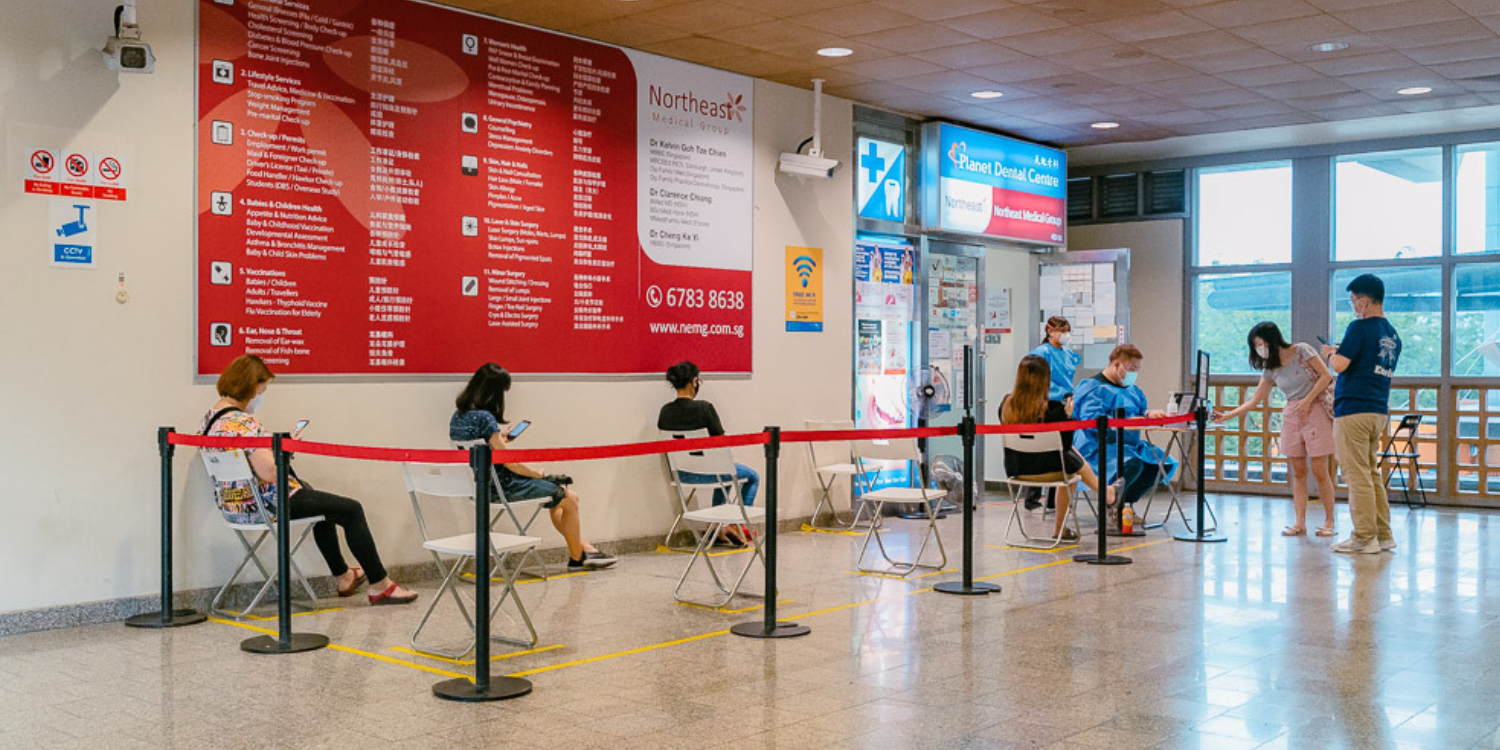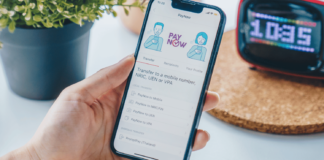Covid-19 White Paper Sets Out Successes & Areas For Improvement
As with most large-scale crises, there are lessons to be learnt and successes to pat our backs for from the Covid-19 pandemic.
On Wednesday (8 Mar), the Singapore government released the White Paper on the country’s response to the Covid-19 pandemic, setting out successes, areas for improvements, and lessons to be learnt moving forward.
Successes listed in the document include sustaining a high level of trust between residents and the government, as well as maintaining the resilience of our healthcare system.
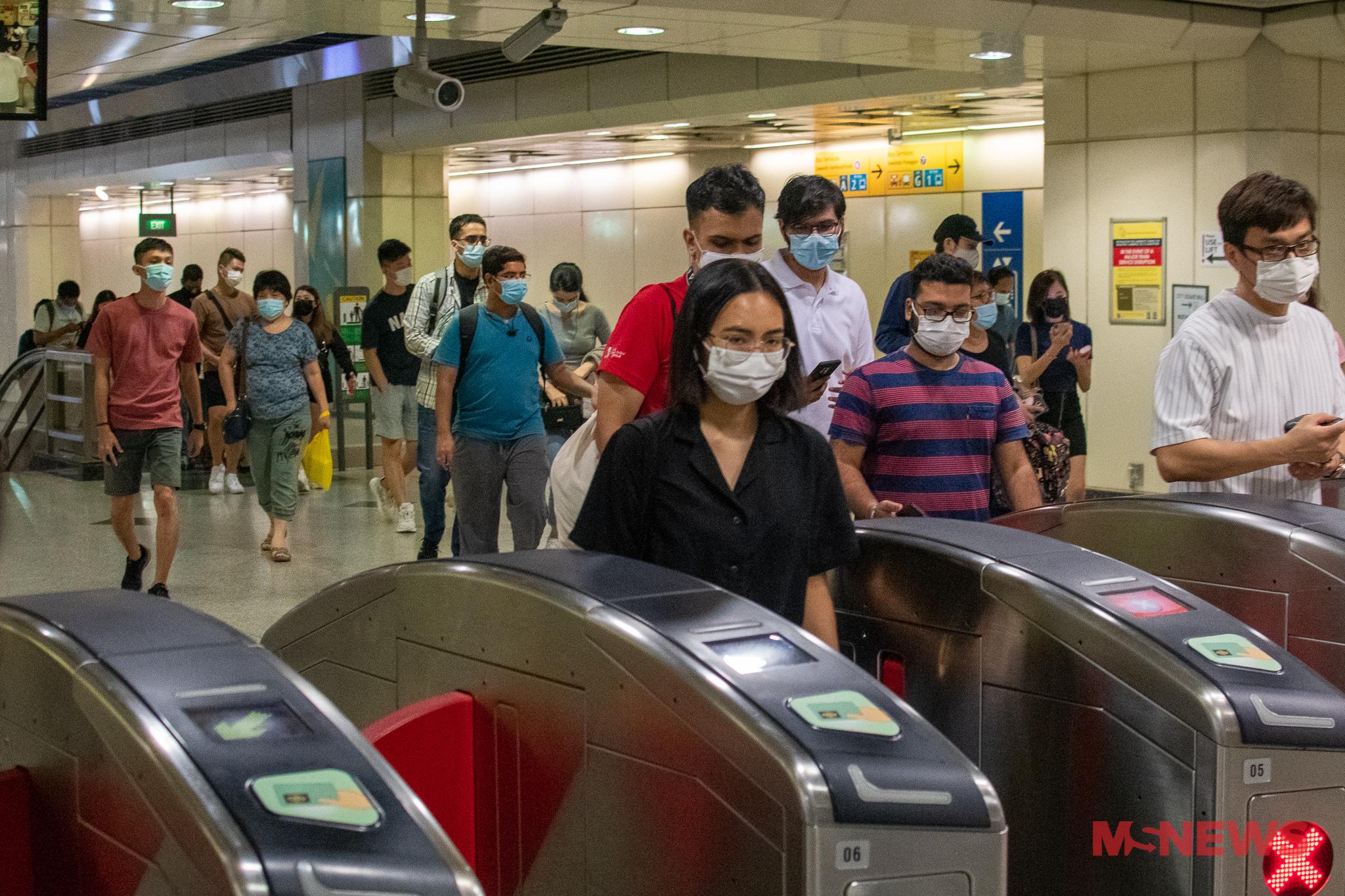
On the flip side, some aspects that could’ve been done better include the management of the outbreak in migrant worker dormitories.
The government’s “initial position on mask-wearing” could also have been “less definitive”.
Covid-19 White Paper praises nation’s resilient healthcare system
The Covid-19 White Paper, which the government released on 8 Mar, reviews Singapore’s “whole-of-nation response” to the outbreak.
It also sets out important lessons that the country can learn from in order to be better prepared for future pandemics.
The White Paper included insights from the former Head of Civil Service, Mr Peter Ho, as well as after-action-review (AAR) findings by government agencies.
As with every AAR, the White Paper acknowledged areas in which Singapore did well during the pandemic.
The first aspect has to do with our healthcare system. In particular, our nation’s success in maintaining its resilience and vaccinating the population, relative to other countries.
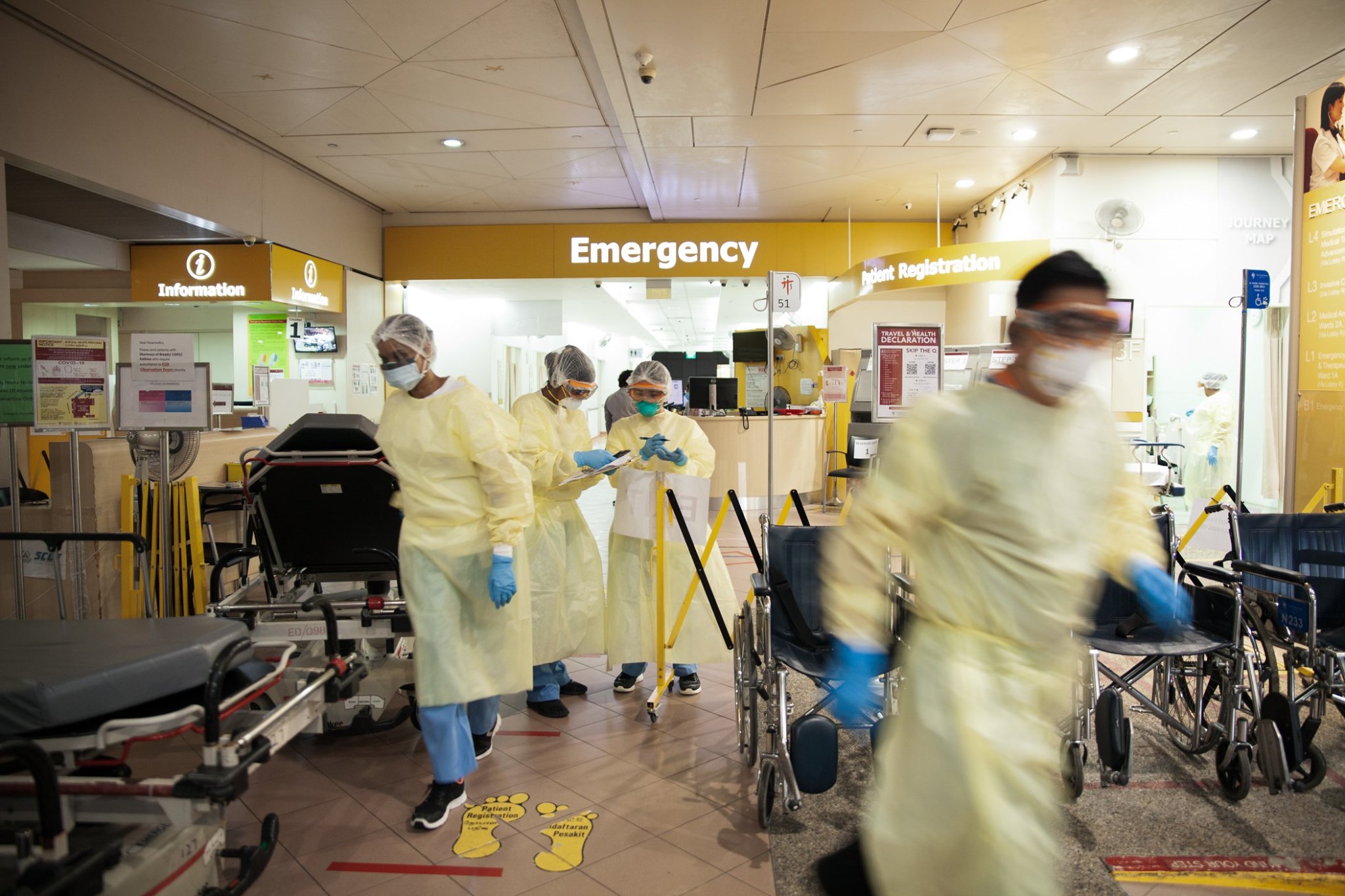
Source: Tan Tock Seng Hospital (TTSH) on Facebook
The Singapore government also did well in rendering assistance to businesses to help them stay afloat.
In a similar way, support schemes targeting self-employed individuals as well as skill training and job placement programs for displaced workers helped to preserve livelihoods.
While somewhat intangible, the most important success was likely the high level of trust maintained throughout the pandemic.
This applied to the relationship between the government and its residents, as well as that amongst individuals and communities.
Other areas of success acknowledged in the Covid-19 White Paper include:
- Keeping air, ports, and land links open
- Providing financial, social, and mental well-being support to the vulnerable
- Not disrupting students’ education
Could have been ‘less definitive’ on initial position on mask-wearing
On the other hand, the White Paper also listed areas that Singapore could’ve done better in during the pandemic.
The outbreak situation in migrant worker dormitories was one such area.
Though successfully managed in the end, the White Paper stated that the situation could have “spiralled out of control” and potentially overwhelmed our healthcare system.
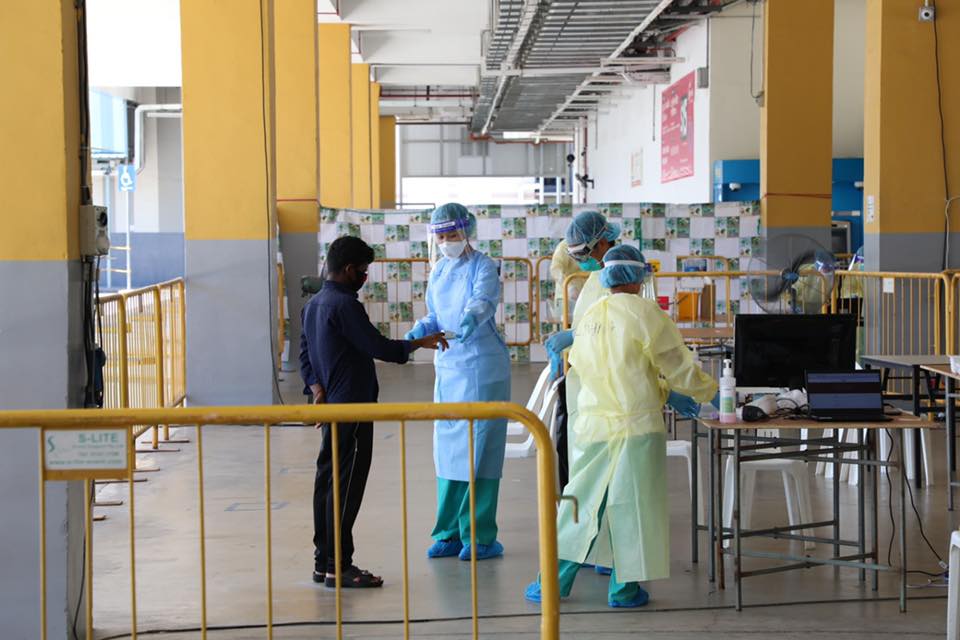
Source: Amrin Amin on Facebook
Another area for improvement was contact tracing efforts and the scale at which they kept pace with the rate and intensity of outbreaks.
The White Paper noted that the TraceTogether (TT) programme faced “slow adoption” in its early phase.
This was reportedly caused by news that TT data could be used for criminal investigations after earlier reassurances that the data would only be used for contact tracing purposes.
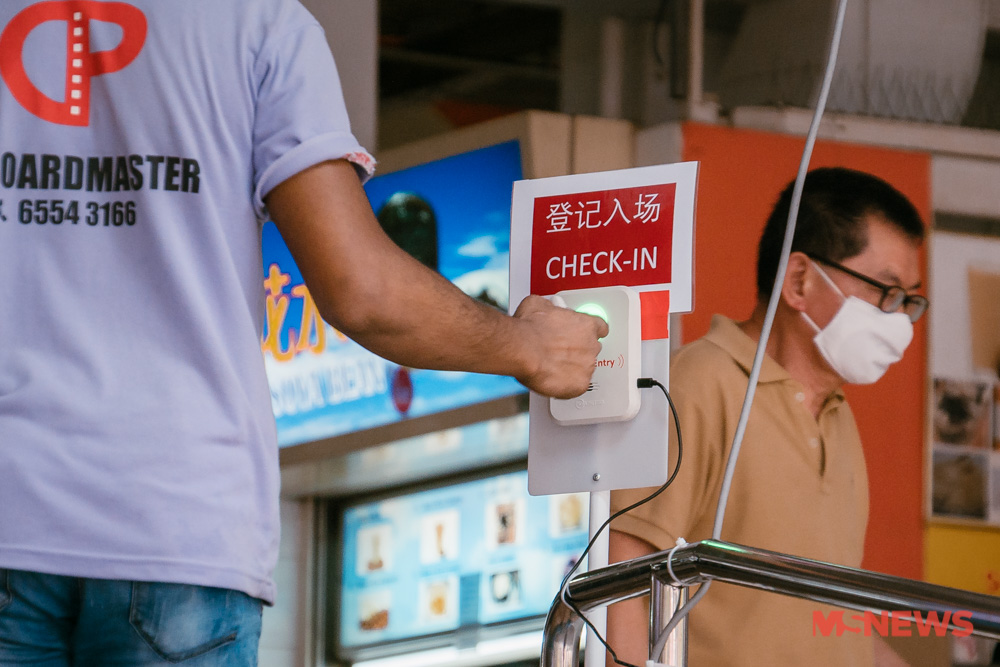
As for the country’s stance on mask-wearing, the White Paper stated that the government could have been “less definitive” in its initial position.
It also stated that the authorities could have been “more flexible” when it came to implementing safety management measures.
In addition, the document highlighted how the “constantly changing” rules led to frustration for businesses and individuals.
This was particularly the case when it came to the switch to home recovery, which apparently “happened too quickly”.
The Covid-19 White Paper also stated that Singapore could’ve tightened borders more aggressively in the early days when presented with signs of the rapidly spreading virus in other countries.
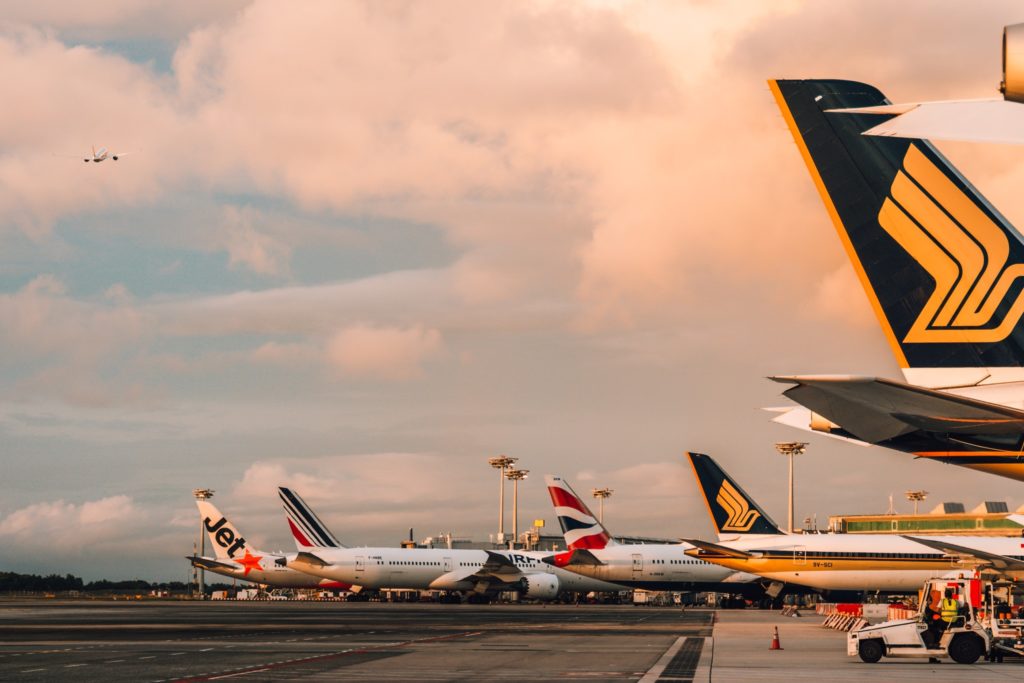
Source: Changi Airport on Facebook
On the other hand, Singapore could have eased border measures sooner when it became clear that the “main danger” no longer came from imported cases.
Addressing these shortfalls, the White Paper listed seven lessons that Singapore can draw from the Covid-19 pandemic:
- Establish dimensions to prioritise in each phase of the pandemic and strike a balance between precision and ease of implementation
- Strengthen Singapore’s resilience as an economy, society, and nation
- Intensify engagement and strengthen partnerships with residents and the private sector
- Expand healthcare capacity and strengthen public health expertise and organisational capabilities
- Leverage science and technology more optimally
- Strengthen public structures and capabilities for crisis planning and management
- Clear and transparent public communication
A ‘crisis of a generation’ that banded residents across Singapore
Describing the Covid-19 pandemic as a “crisis of a generation”, the White Paper recognised that everyone banded together to “deliver the best outcomes” for Singapore and its people.
In light of these contributions, the government took the opportunity to thank those who made sacrifices in the fight against Covid-19.
They also expressed gratitude to Singaporeans for their “considerable fortitude” in following the measures at different phases of the pandemic.
You can read the White Paper in full on the Prime Minister’s Office website. The document will also be debated in Parliament later this month.
Important to recognise the shortfalls but also celebrate wins
When it comes to large-scale crises like the Covid-19 pandemic, there is always room for improvement when it comes to our nation’s response.
But at the same time, it’s also important to give credit where it’s due and recognise the things that were done well.
Do you agree with the findings of the White Paper? Share your thoughts with us in the comments below.
Have news you must share? Get in touch with us via email at news@mustsharenews.com.
Featured image adapted by MS News.

Drop us your email so you won't miss the latest news.
